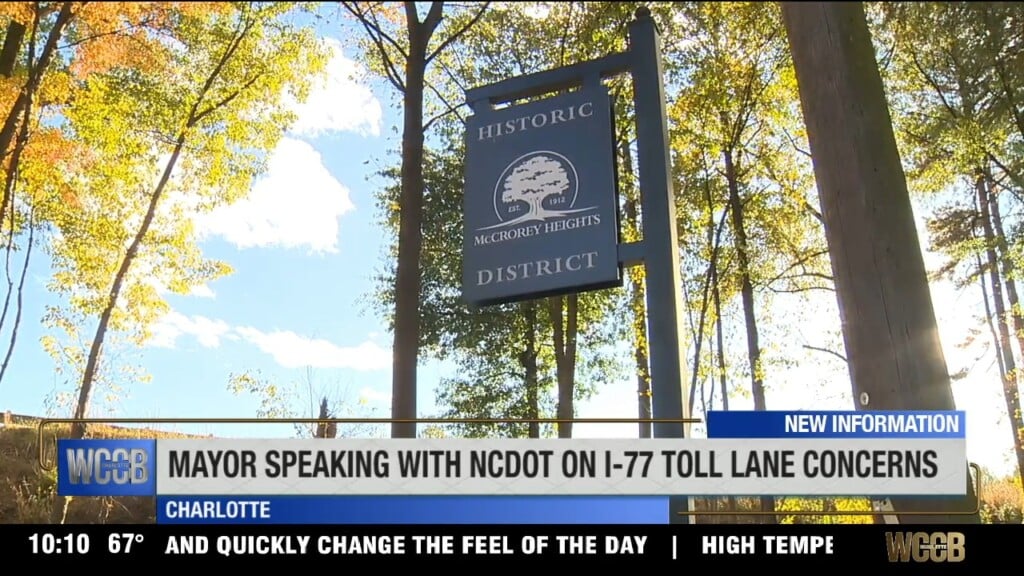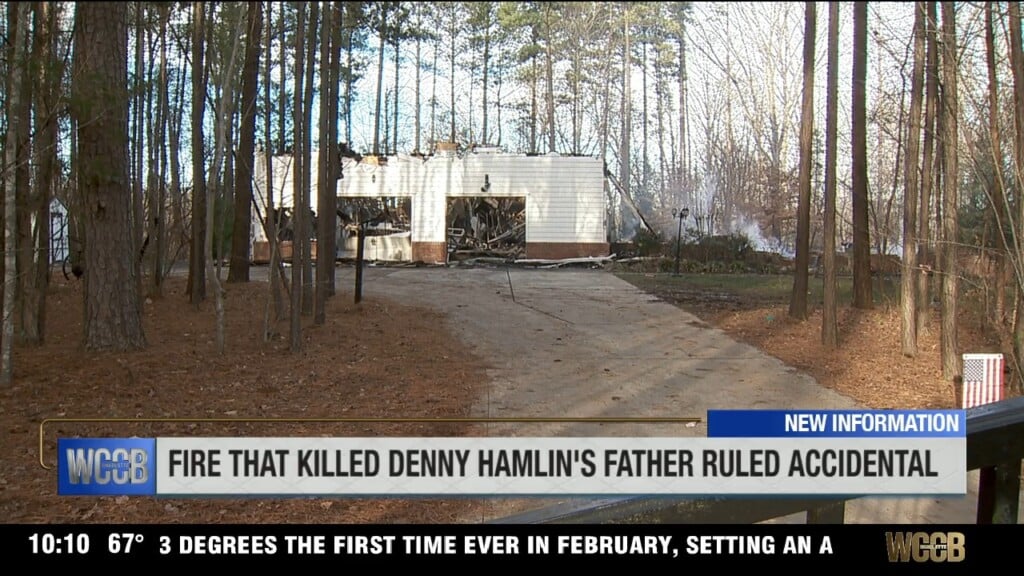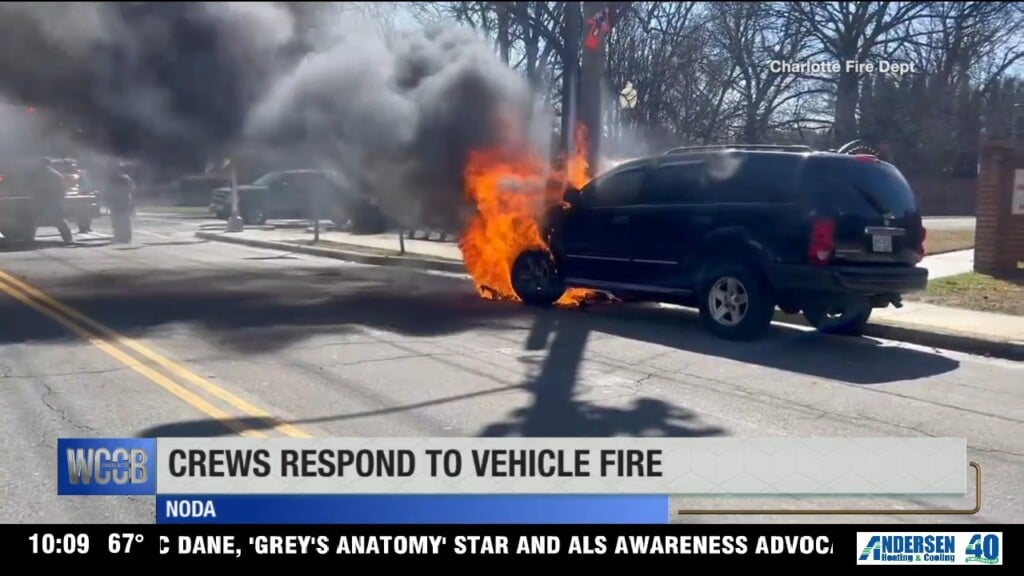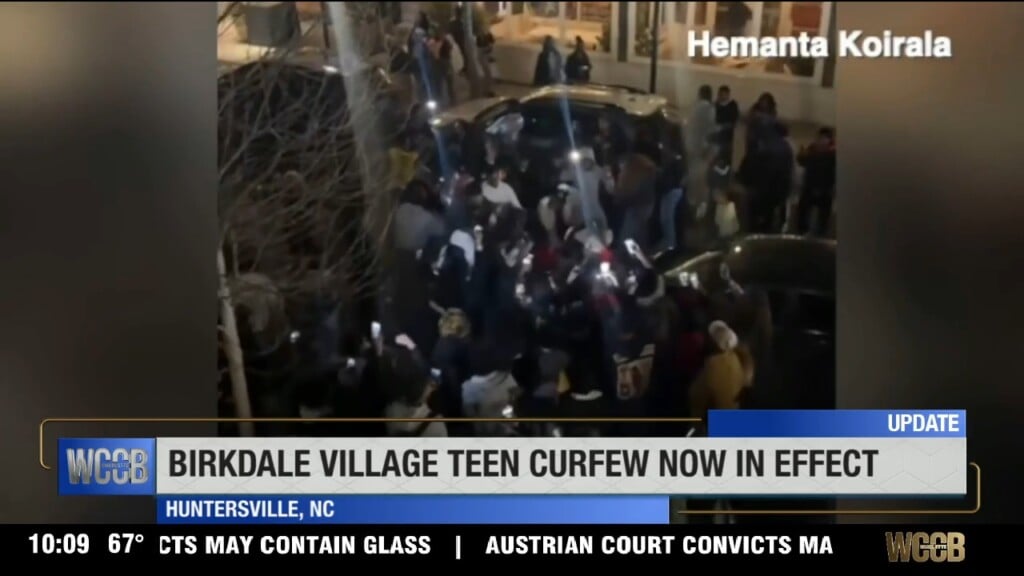Training Prepares Firefighters for Deadly Situations
When conditions turn deadly, firefighters have to rely on hundreds of hours of training.
CONCORD, NC — Firefighters face incredible challenges on the job.
Sometimes situations can take a deadly turn, like they did in the death of Pineville firefighter Richard Sheltra last month.
It’s in those moments that first responders have to rely on their training; training that includes hundreds of hours focused on safety.
“The profession of a firefighter is a brotherhood,” says Chief Mark Brown with the Concord Fire Department. “Whether it’s volunteer, or whether it’s a career paid fire department, there is no distinction. The training is the same.”
Brown is the Training and Safety Chief for the Concord Fire Department.
He’s helping to ready the regional rookie class at the Concord facility, putting recruits like Phil Long through more than 190 hours of training for the North Carolina Firefighter Certification.
“It’s a tough job,” says Long. “It’s a job that not everybody can do.”
Long is training to work for the Harrisburg Fire Department. The former minister decided to become a rookie firefighter at 46 years old.
“Fortunately at my age I’m physically fit enough that I can step in, and believe I can make a difference in lives,” says Long.
The recruits train from January to June in all aspects of the profession. Repetitions that could save lives, including their own, down the line.
“We jumped right into EMT training,” says Long. “And from there we’ve gone to fire control, TR rescue stuff and it’s been very intense.”
“They’ve got to be exposed, because if they’re not trained right, then there are hazards out there that they won’t know how to face,” says Chief Brown.
And the training doesn’t stop with that recruiting class. Each year, every firefighter here in Concord does more that 240 hours of training to help them stay proficient, safe and to help with the department’s insurance rating.
Fire departments are rated on a number system. Charlotte is a one. Concord a two. A fire department’s training programs impact that ISO rating.
“That number is basically from a ten, with no fire protection, all the way down to a class one,” says Brown. “The lower the number, the better your fire insurance rates.”
The Concord facility helps train firefighters for several departments in the area. Phil Long, and the rest of the current rookie class, will graduate next Friday.





